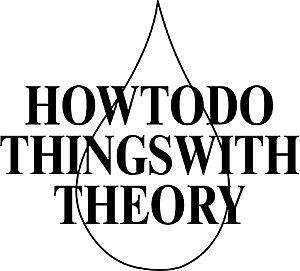Maya Watanabe: Death Beyond Control
Advisor/tutor: Rachel O'Reilly
Arnhem, June 2018
Abstract
Triggered by the urgency to problematise the distinction between life and non-life, this thesis departs from Elizabeth Povinelli’s concept of geontopower: the governmental capacity to distribute the lines between what is and is not considered alive. The text centres upon the human body within a biopolitical frame, before moving on to a particular geontological scenario and analysis. The analysis intends to demonstrate that the criteria for the recognition of a subject is dictated by shifts in paradigms of power. In a geontological era, to be recognised as a subject means to be entitled to participate in the planetary conversation about who is killable, ungrievable and undead.
An official death, in its basic formula, results in the ceasing of time and the decay of the body. In this thesis, these abstract demarcations of life and death are challenged by the existence of particular environmental phenomena: the metabolic suspension in crucian carps and the transubstantiation of what is called the copper-man, respectively. Likewise, the capacity for reordering time and transmuting materialities as malleable properties are considered here, at another level of mediation, as intrinsic to the audiovisual device. Therefore, the thesis proposes the cinematic medium as a suturing channel to sew the space between life and non-life.
On the one hand, Pavle Levi’s concept of cinema by other means is the departure point to extrapolate cinematic attributes of quite other media. In such an exercise, the de-materialisation of filmic phantasmagorias are re-materialised by using other materials in a film without film. On the other hand, the delayed cinema approach, as addressed by Laura Mulvey, is used to elaborate stasis in film: the stillness and repetition that provokes a narrative suspension. The compulsion of repetition in Freud’s theory of ego-instinct is revised through Bateson and Gramsci, and further reviewed alongside Peggy Phelan’s discourse on inscribing the act of rehearsing itself as a space to resignify the drama of mortality. Yet, repetition is taken beyond therapeutic domain – reformulated in Spivakian terms as a rehearsal of habits for ethical re-training.
Further, a re-materialisation of delayed cinema is proposed as an alternative to geontopower tactics. The metabolic suspension in crucian carps and the transubstantiation of the copper-man are proposed as a geontological postcinematic experience – either authored by scientists or controlled by the artist in relation to and recognition of an aesthetic education.

